 Guillaume Faye is a French philosopher, known for his pro-Zionism right-wing paganism, his call for a Eurosiberian Federation of white ethno-states, or his concept of archeofuturism, which involves combining traditionalist spirituality and concepts of sovereignty with the latest advances in science and technology.
Guillaume Faye is a French philosopher, known for his pro-Zionism right-wing paganism, his call for a Eurosiberian Federation of white ethno-states, or his concept of archeofuturism, which involves combining traditionalist spirituality and concepts of sovereignty with the latest advances in science and technology.
Grégoire Canlorbe: In my opinion, the liberalism [libertarianism, free-markets] of tomorrow will be a liberalism at the crossroads of Julius Evola and Filippo Tommaso Marinetti—a reconciliation that Italian Fascism basically failed to achieve. In other words, the liberalism of the future will be an archeofuturist liberalism. Do you envision France as a fertile ground for this new liberalism?
Guillaume Faye: If one considers France from the point of view of Frédéric Bastiat, it is basically a communist country. In fact, France is today more communist than the Soviet Union ever was. It is one of the last bastions of communism in a world that is now profoundly liberal. Not only does government spending represent more than 58 percent of GDP, and redistribution expenditure more than 50 percent of GDP, but with a population that represents less than 1 percent of the world’s population, France represents 15 percent of the world’s welfare state redistribution.
I don’t think that France will ever be a liberal country, for liberalism is quite simply incompatible with the French mentality. On the other hand, the world is increasingly liberal, but it is a liberalism that makes serious mistakes—starting with free-trade agreements biased in favor of China. That said, the trade war launched by President Trump seems to me to be a very dangerous thing, likely to trigger a whole new economic crisis far worse than that of 2008.
As for Fascism, it was indeed a failure—were it only for its socialist economics and its warlike hubris. One can always imagine an alternative version of Fascism, the preeminent intellectual reference of which would have been Vilfredo Pareto, Julius Evola, or Filippo Tommaso Marinetti—instead of Giovanni Gentile. The fact still remains that it is impossible to change history, and that Fascism is for us only a socialist monster of the past. It is pointless to look in the rearview mirror; we need to focus on the future. And as I tried to show in my book Archeofuturism, when the historical period of the 19th and 20th centuries will have come to a close, and its egalitarian hallucinations—including a certain utopian version of liberalism—will have been sunk by catastrophe, humanity will revert to its archaic values, which are purely biological and human (i.e., anthropological).
This will lead to the separation of sex roles; the transmission of ethnic and folk traditions, spirituality, and priestly organization; visible and structuring social hierarchies; the worship of ancestors; rites and tests of initiation; the re-establishment of organic communities—from the family to the folk. It will mean the de-individualization of marriage in that unions will be the concern of the whole community and not merely of the married couple; an end of the confusion between eroticism and conjugality; prestige of the warrior caste; inequality among social statuses—not implicit inequality, which is unjust and frustrating and is what we find today in egalitarian utopias, but explicit and ideologically legitimated inequality. It will mean duties that match rights, hence a rigorous justice that gives people a sense of responsibility; a definition of peoples—and of all established groups or bodies—as diachronic communities of destiny rather than synchronic masses of individual atoms.
In brief, in the vast, oscillating movement of history which Nietzsche called “the eternal return of the identical,” future centuries will witness a return to these archaic values one way or another. The question for us Europeans is whether we will have these values imposed upon us, on account of our cowardliness, by Islam—as is already happening—or whether we are capable of asserting these values ourselves by drawing them from our historical memory. Alas, given the extent to which Arab-Muslim peoples have already colonized European soil, I am afraid that their re-emigration, and the liberation of France and Europe, can be set up only at the conclusion of an extremely bloody conflict.
Grégoire Canlorbe: The Italian Renaissance is generally conceived of as a rebirth of Paganism in the formal context of Catholicism. Yet, far from being exclusively Pagan, the Renaissance was also nourished by a deep interested in Judaism. How do you explain this?
Guillaume Faye: The Italian Renaissance was not a rebirth of paganism, but a return to the arts and techniques of ancient Rome. Not only has Italy never ceased to be pagan despite the strenuous efforts of Catholic prelates, but Graeco-Latin paganism has always found itself in osmosis with Judaism. Thus, in the pagan Roman tradition, there has never been any anti-Judaism; quite the contrary, the Jewish people was the only one authorized to practice its religion, for the good reason that Judaism was posing no political threat to Romans—unlike with the religion of the Gallic druids, who were therefore persecuted by Rome.
Two years ago, an Italian historian published a book, Ponzio Pilato. Un enigma tra storia e memoria, [Pontius Pilate: An enigma between history and memory] in which it is shown that the Great Sanhedrin asked Romans to kill Christ because they recognized the Roman emperor as their “king,” not Jesus who let himself be called “King of the Jews.” In turn, Romans, who had no trouble with satisfying the request to kill Jesus, were absolutely delighted to hear how supportive Jews were of the emperor who had federated them. For this reason in particular, there has never been a tradition of anti-Judaism in Italy.
Going back to the Renaissance, I subscribe to the thesis of decline developed by Bryan Ward-Perkins, an English historian living in Rome, who has shown in his book The Fall of Rome and the End of Civilization that an immense setback in technology and artistic production happened in several parts of the Roman empire, following the German invasions in the West and the Arab invasions in the East. The Renaissance was not a religious rebirth of paganism; it was an artistic rediscovery of the painting and sculpting techniques of Antiquity, while Europe had basically returned to the bronze age with the fall of the Roman empire.
Grégoire Canlorbe: From a neo-pagan point of view like yours, why do you have more respect for Judaism than for Christianity?
Guillaume Faye: While Christianity carries within it and unleashes a certain moral masochism of the Jewish soul, there is no call for weakness and submission, no castrating message in Talmudic Judaism. This is basically the thesis of Friedrich Nietzsche, who fiercely denounced Christianity, but also was an ardent admirer of the Jewish diaspora and a vehement opponent of anti-Semitism. “Whoever slaps you on your right cheek, turn to him the other too” has nothing to do with the Talmud. On the other hand, in preaching the socialist hatred of the rich, or the subservience of native white Europeans before North African, black African, and Asian colonizers, Pope Francis actually puts himself in harmony, and not in contradiction, with the Gospel’s teaching.
[Read more…] about A conversation with Guillaume Faye, for American Renaissance
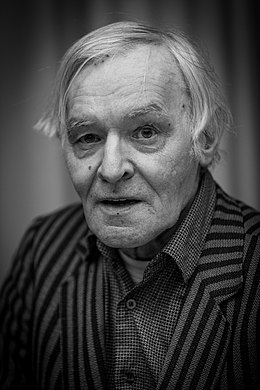
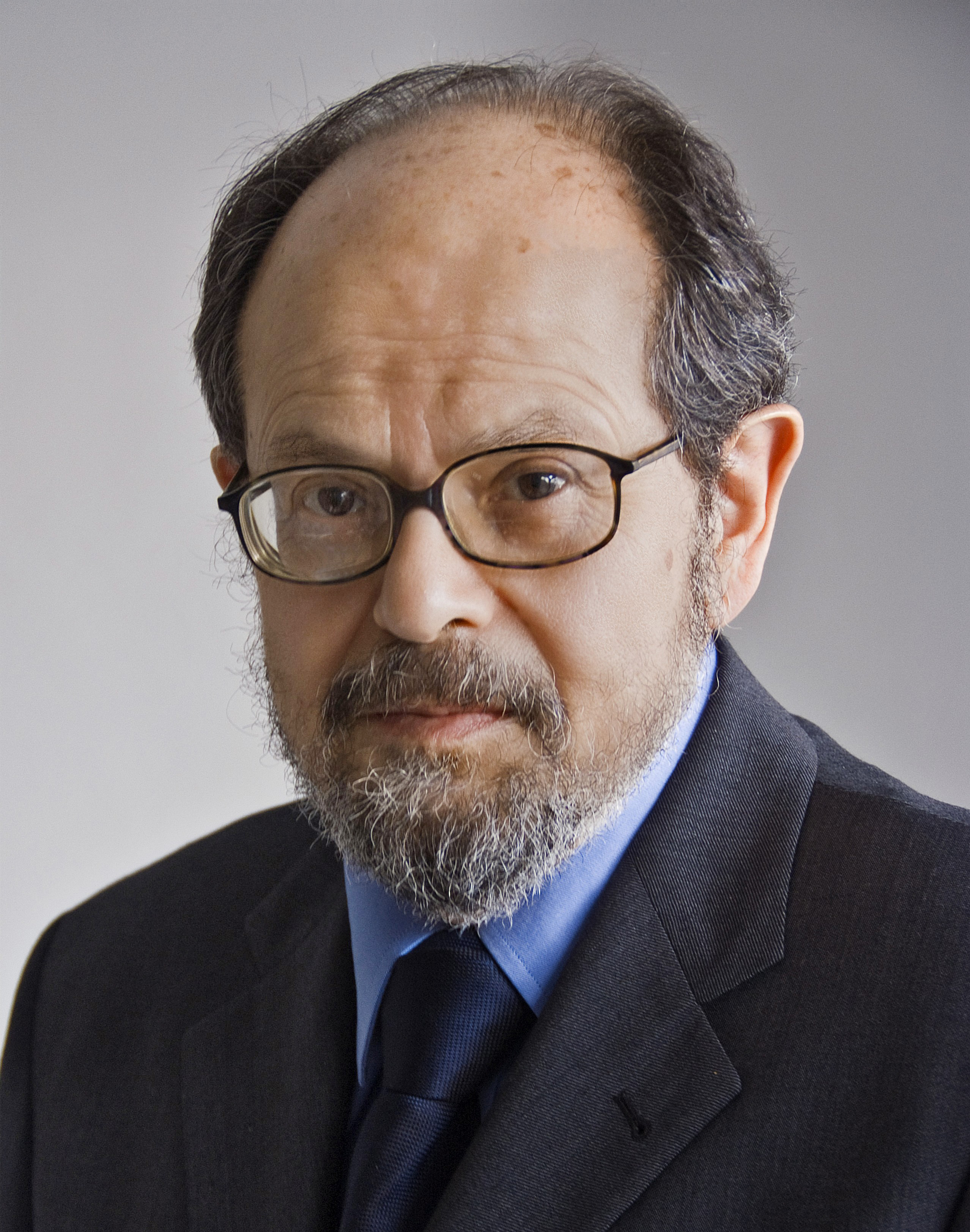
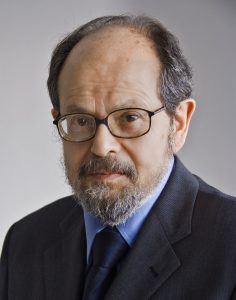 Richard Siegmund Lindzen is an American atmospheric physicist known for his work in the dynamics of the atmosphere, atmospheric tides, and ozone photochemistry. He has published more than 200 scientific papers and books. From 1983 until his retirement in 2013, he was Alfred P. Sloan Professor of Meteorology at the Massachusetts Institute of Technology. He was a lead author of Chapter 7, “Physical Climate Processes and Feedbacks,” of the Intergovernmental Panel on Climate Change’s Third Assessment Report on climate change. He has criticized the scientific consensus about climate change and what he has called “climate alarmism.”
Richard Siegmund Lindzen is an American atmospheric physicist known for his work in the dynamics of the atmosphere, atmospheric tides, and ozone photochemistry. He has published more than 200 scientific papers and books. From 1983 until his retirement in 2013, he was Alfred P. Sloan Professor of Meteorology at the Massachusetts Institute of Technology. He was a lead author of Chapter 7, “Physical Climate Processes and Feedbacks,” of the Intergovernmental Panel on Climate Change’s Third Assessment Report on climate change. He has criticized the scientific consensus about climate change and what he has called “climate alarmism.”
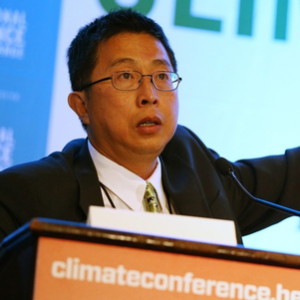
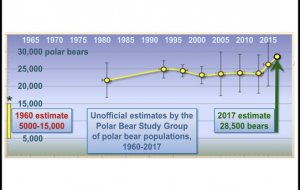
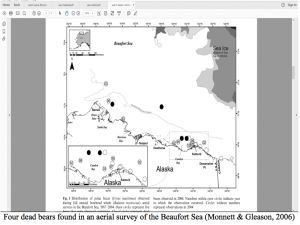
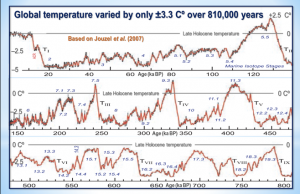
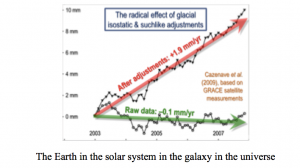
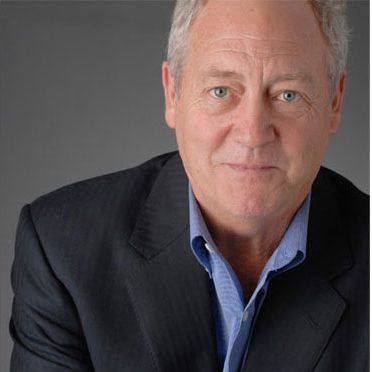
 Patrick Moore is a Canadian activist, and former president of Greenpeace Canada. Since leaving Greenpeace, which he helped to found, Moore has criticized the environmental movement for what he sees as scare tactics and disinformation, saying that the environmental movement “abandoned science and logic in favor of emotion and sensationalism.” He has sharply and publicly differed with many policies of major environmental groups, including Greenpeace itself on other issues including forestry, biotechnology, aquaculture, and the use of chemicals for many applications.
Patrick Moore is a Canadian activist, and former president of Greenpeace Canada. Since leaving Greenpeace, which he helped to found, Moore has criticized the environmental movement for what he sees as scare tactics and disinformation, saying that the environmental movement “abandoned science and logic in favor of emotion and sensationalism.” He has sharply and publicly differed with many policies of major environmental groups, including Greenpeace itself on other issues including forestry, biotechnology, aquaculture, and the use of chemicals for many applications.
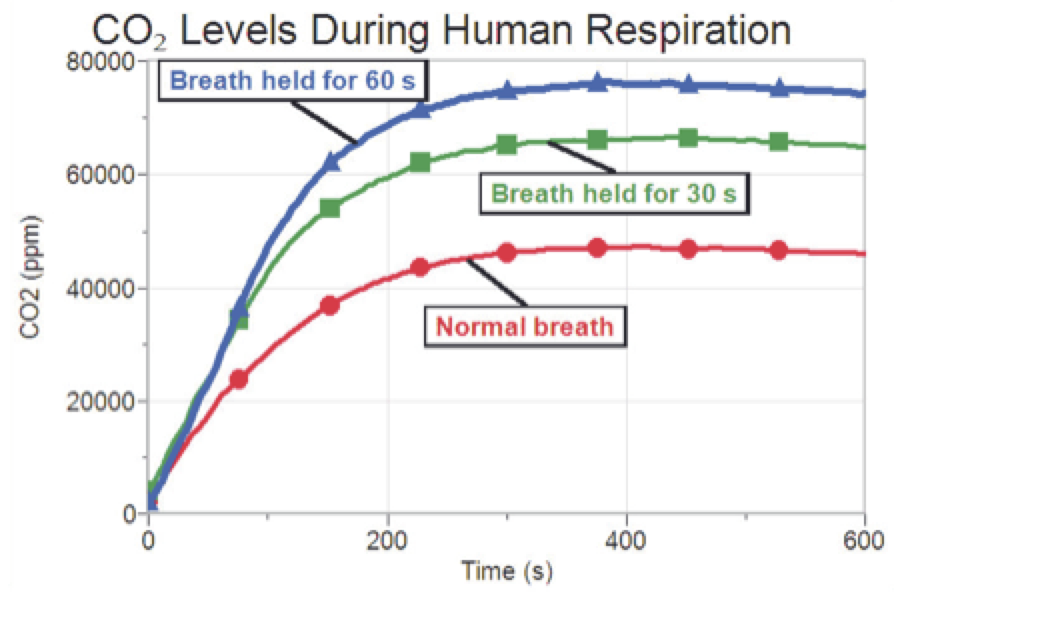
 István Markó (1956 – 2017) was a professor and researcher in organic chemistry at the Université catholique de Louvain. Prof. Dr. Marko was an outspoken defender of the skeptical view on the issue of human-caused/anthropogenic global warming, appearing in numerous French-language media on the Internet, in public debates and diverse English-language blog postings. He also joined with Anglo-Saxon climate skeptics, publishing several articles together on
István Markó (1956 – 2017) was a professor and researcher in organic chemistry at the Université catholique de Louvain. Prof. Dr. Marko was an outspoken defender of the skeptical view on the issue of human-caused/anthropogenic global warming, appearing in numerous French-language media on the Internet, in public debates and diverse English-language blog postings. He also joined with Anglo-Saxon climate skeptics, publishing several articles together on 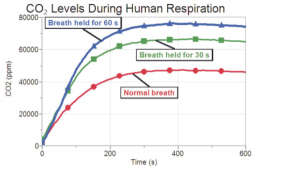
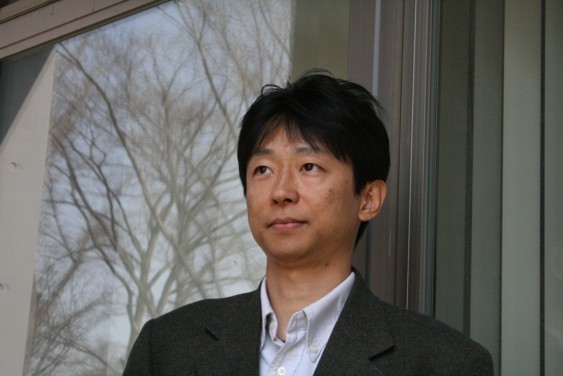
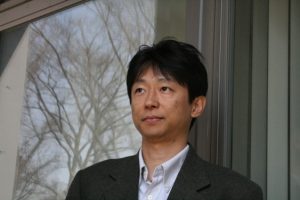 Tsutomu Hashimoto is a Professor of Economics at Hokkaido University in Japan, obtained a Ph.D. at Tokyo University, and published various books on liberalism and philosophy of economics in Japanese. He was a visiting researcher at New York University from 2000 to 2002 and at Aix-Marseille University in 2016. Contact:
Tsutomu Hashimoto is a Professor of Economics at Hokkaido University in Japan, obtained a Ph.D. at Tokyo University, and published various books on liberalism and philosophy of economics in Japanese. He was a visiting researcher at New York University from 2000 to 2002 and at Aix-Marseille University in 2016. Contact: 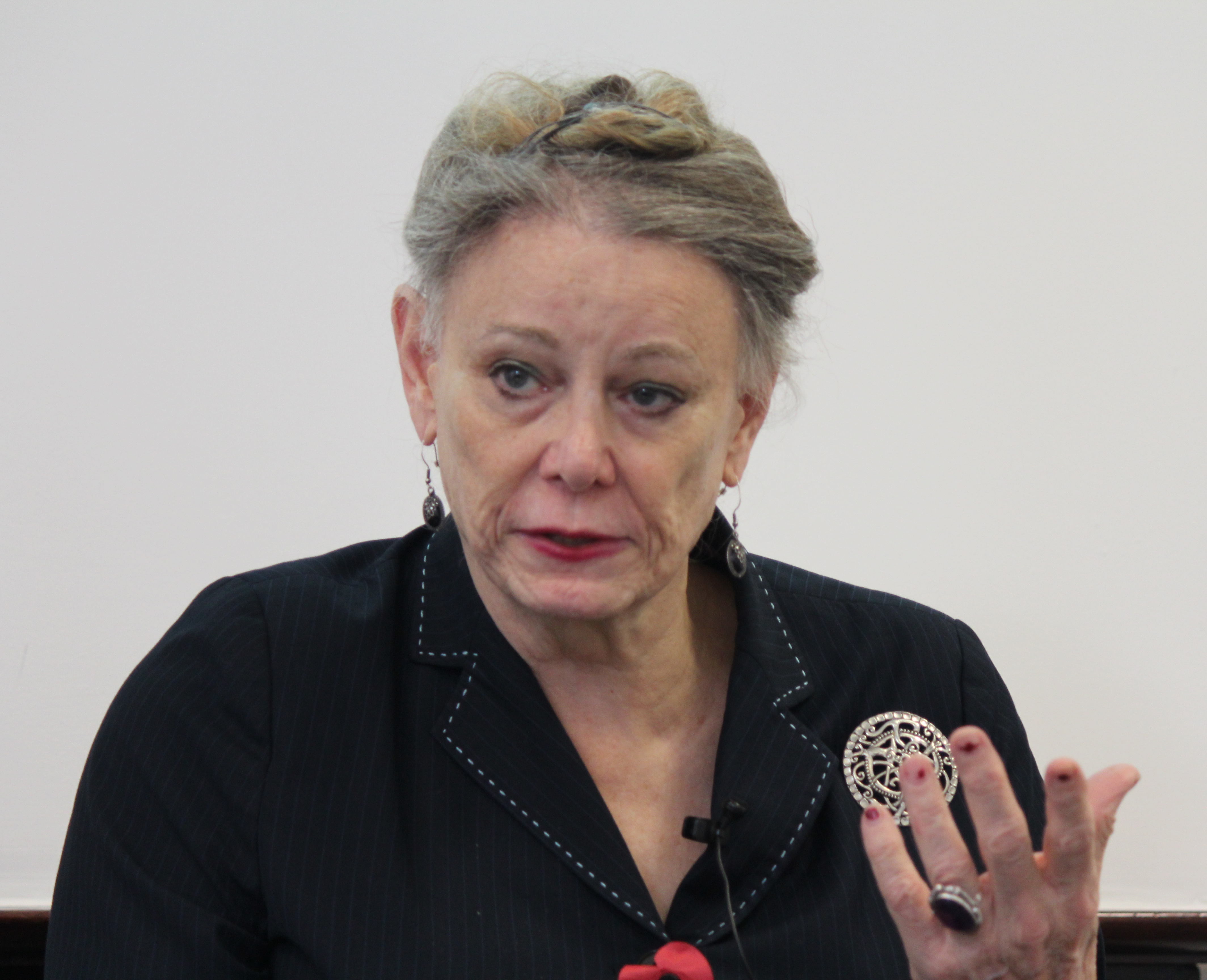
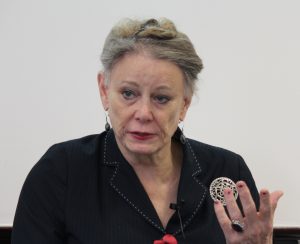 Deirdre Nansen McCloskey taught at the University of Illinois at Chicago from 2000 to 2015 in economics, history, English, and communication. A well-known economist and historian and rhetorician, she has written 17 books and around 400 scholarly pieces on topics ranging from technical economics and statistical theory to transgender advocacy and the ethics of the bourgeois virtues. She is known as a “conservative” economist, Chicago-School style (she taught in the Economics Department there from 1968 to 1980, and in History), but protests that “I’m a literary, quantitative, postmodern, free-market, progressive-Episcopalian, Midwestern woman from Boston who was once a man. Not ‘conservative’! I’m a Christian libertarian.”
Deirdre Nansen McCloskey taught at the University of Illinois at Chicago from 2000 to 2015 in economics, history, English, and communication. A well-known economist and historian and rhetorician, she has written 17 books and around 400 scholarly pieces on topics ranging from technical economics and statistical theory to transgender advocacy and the ethics of the bourgeois virtues. She is known as a “conservative” economist, Chicago-School style (she taught in the Economics Department there from 1968 to 1980, and in History), but protests that “I’m a literary, quantitative, postmodern, free-market, progressive-Episcopalian, Midwestern woman from Boston who was once a man. Not ‘conservative’! I’m a Christian libertarian.”